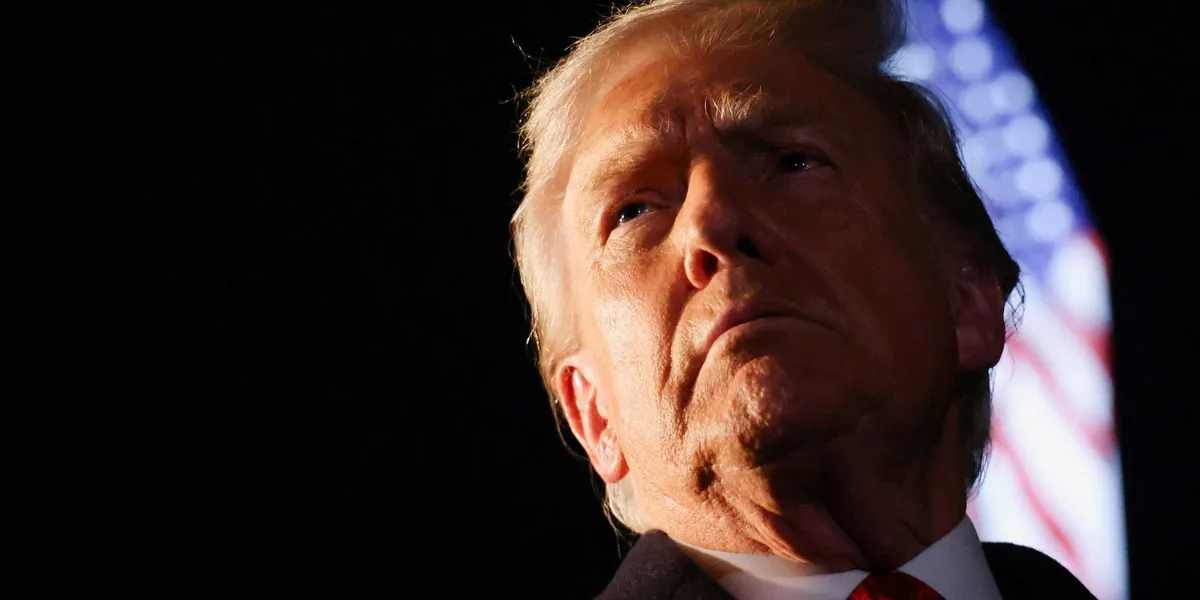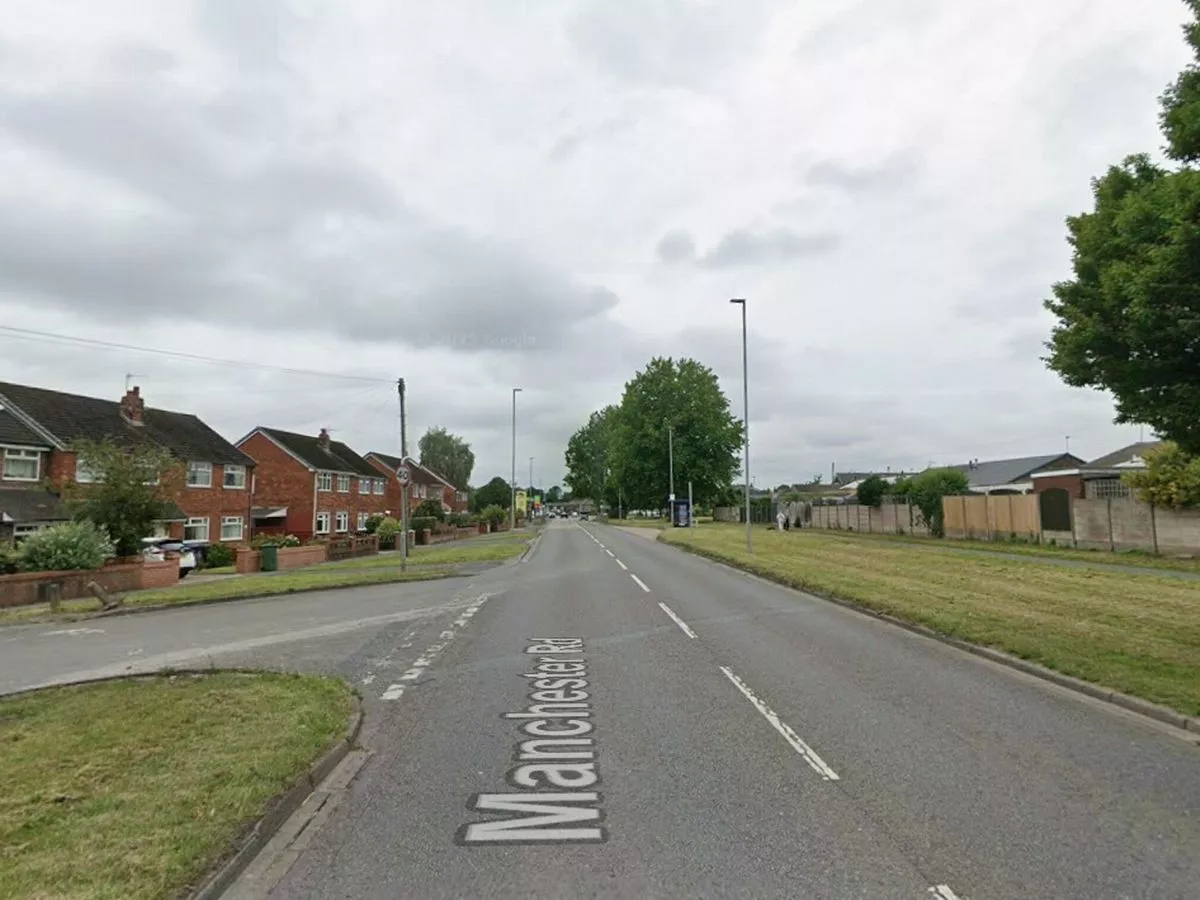Copyright stabroeknews

In less than a week, global Heads of State will meet in Belem, Brazil, a precursor to the 30th United Nations Climate Change Conference or Conference of the Parties (COP) 30 at the same venue from November 10 – 21, landing amid a storm of controversy over that country’s recent auction of 47 offshore oil exploration blocks at the mouth of the Amazon River to major corporations including Petrobras, ExxonMobil, and Chevron. So passionate is the outrage that Brazil’s Public Prosecutor’s Office has filed a motion in court to suspend the auction of the oil blocks and to freeze an environmental licence granted to Petrobras to begin exploratory drilling. Over in North America, in a move that was much more anticipated, but just as dismaying, the Trump administration last week approved expanded oil and gas drilling across Alaska’s Arctic National Wildlife Refuge, reversing the protections that had been put in place by President Donald Trump’s predecessor President Joe Biden. Striking though these developments are, they are not the only ones in recent times that indicate an unsettling shift in global climate policy. What was once hailed as an era of green transformation is giving way to a resurgence of fossil fuel extraction, even as climate disasters intensify. It is mind-boggling that Brazil, under the presidency of Luiz Inácio Lula da Silva, who has positioned himself as a global champion of climate action, has chosen to open a new oil frontier in the Foz do Amazonas Basin, an area rich in biodiversity. According to the court filing, mandatory social, environmental and climate impact studies were not conducted before the auctions, constituting a serious violation of Brazil’s legal framework and the international commitments it has made. It also stated that potentially affected Indigenous communities were not consulted. With regard to Alaska, where 1.56 million acres are now open to extraction, environmental groups have warned that it will destroy one of the most ecologically significant landscapes on earth and threaten Indigenous communities such as the Gwich’in, who depend on the land for subsistence hunting and cultural survival. This plea has fallen on deaf ears. The alarming truth is that countries are backtracking on climate pledges. The world’s largest economies and most influential states are once again prioritizing oil profits and political expediency over planetary survival. In this region, the consequences of this global backslide are especially severe. Caribbean islands are on the frontlines of climate change. Every year, they are battered by stronger hurricanes, prolonged droughts, rising seas, and eroding coastlines. A current case in point is the Category 5 Hurricane Melissa that landed in Jamaica on Tuesday. At the time this column was written, seven deaths had been reported. When they signed the Paris Agreement in 2015, governments pledged to limit global warming to well below 2°C above pre-industrial levels, ideally to 1.5°C, a target scientists said was critical to prevent catastrophic climate breakdown. Yet a decade later, that fragile consensus is fracturing. The pledges made in Paris and reaffirmed at subsequent COP meetings are being diluted or abandoned. Economic fears, populist politics, and industry pressure are steering policy back toward the same extractive logic that caused the crisis in the first place. As illustrated in this column before, Guyana is faced with the dilemma of being one of the few countries in the world that remains carbon-negative due to its vast forests, but at the same time producing oil. Already, economic opportunity is triumphing over environmental responsibility. While the government insists that the oil wealth will improve infrastructure and provide jobs, it seems to ignore the risk of tying the country’s development to a resource that is driving the planet toward instability. Given our low-lying coast, the irony is stark. Yet amid this bleak outlook, there is still opportunity for course correction. Guyana could become a leader in sustainable development by investing oil revenues strategically in renewable infrastructure, climate adaptation, and conservation. It also has to commit to a cut off point for fossil fuel extraction. It should not be about turning this country into a “little Dubai”, but about providing enough for its people while contributing to preserving the planet. As COP30 approaches, one thing is sure, the world does not need anymore pledges, it requires leaders with integrity who will ensure that we do not continue exploiting the planet’s resources indefinitely. The climate crisis is not waiting for more favourable political conditions or economic cycles. It is here, now. It is time to stop gambling with our children’s future.



